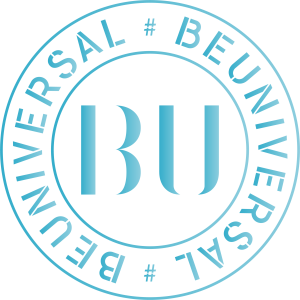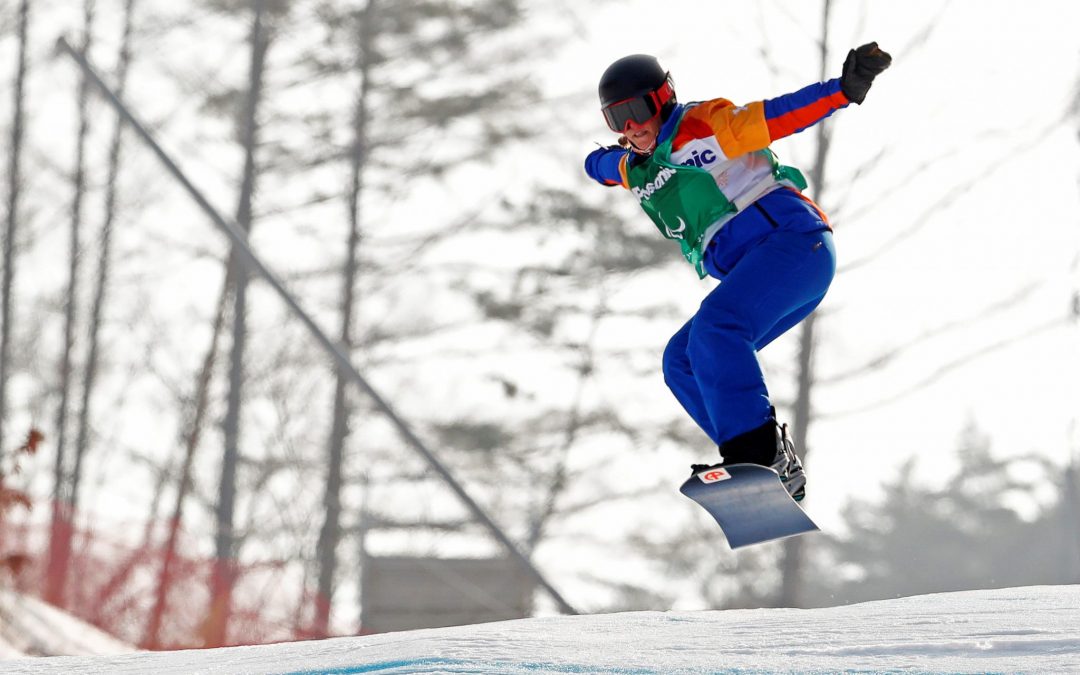Astrid Fina is the best example of courage and strength; her life was no different from the others until she had a motorcycle accident that destroyed her foot but could not damage her spirit. There were hard times, some were insufferable, but Astrid kept her head up and found in Snowboarding not only her passion but her way of life.
- What did you want to become when you were a kid?
I have always loved animals so when I was little I wanted to be a Veterinarian. - How was Astrid Fina before the accident?
She was an outgoing girl, funny, positive and very smiley. And honestly, I have not changed a tiny bit since then, that it what helped me the most when dealing with the accident. - How did you deal with it?
I was not fully aware of the situation at the beginning. It was once I went home for the first time after over three months in the hospital when I came back in a wheelchair and I realized that nothing was going to be easy. After some days I had to get back to the hospital, and I was going in and out for almost three years, that was tough, but without any doubt, the hardest moment was when I had to decide to amputate my foot. - How did it change you?
It changed me in the way I see my life. I realized that you do not need to get angry all the time, you need to be kind, positive, smile and enjoy every single moment because within a second your life can change. - When did you decide that Snowboard was your sport?
It happened after my first Olympic Games. I only trained for one season before the Games and I got really good results, so I thought “If within seven months I have earned an Olympic Diploma, what could I achieve in the next Games?” It was a key moment for me and it made me get addicted to this sport.

- What does Snowboard mean for you?
Snowboard is freedom, the feeling that I get when I go down the slopes… I cannot get it with anything else. Nature, outdoors and me, my moment to find myself or just to do not think in any worries. When I am training technique, it is different because I need to be focused and during competition it means maximum adrenaline. Also, when I win, satisfaction ?! All of them beautiful sensations. - What was the most beautiful moment of your professional career?
When I crossed the final line in the Pyeongchang Paralympic Games and I realize that I just won a medal I just wanted to hug my mum and my coach. She is a fundamental person in my life; he bet for me since the first moment and have dedicated everything to make this possible. In that moment you could see me but that medal was of them both. - What do you feel competing in the Paralympics? And winning a medal?
To compete in the Paralympic Games is any athlete’s dream. You fight all your career to get to that moment, and achieve it is the biggest satisfaction in life.

- How is your daily life during season? And during offseason?
During season we train a lot. From four to eight hours per day, normally around seven. We go to the slopes in the morning (two to five hours) and in the afternoon we train in the gym (one to three hours). We do it Monday to Friday or Monday to Saturday. Also, when a competition is approaching we slow down a little so we do not compete in tiredness.
During offseason I try to disconnect as much as I can but sometimes it is hard, especially with the medal. And then back to preseason: Gym, paddle surf, longboard, wakeboard, bike… anything that requires to slide and work the proprioception is great. From October we get back to snow with the whole team (even before if I get the chance to go to South America). - Why did you join the Be Universal family?
I think that it is a great initiative and, let’s be real, it could be a good opportunity for me. I practice a minor sport, Paralympic and I am a woman… It seems unreal that nowadays there is still big differences between men and women when it comes to sports, it requires the same sacrifice; also, the fact that there are no the same scholarships and opportunities in the Olympic and Paralympic sports… we do not even earn half of what they get for training or competing. - What is needed in order to grow and obtain the respect needed in women’s and Paralympic sports?
Visibility. We need media and companies to bet for us. - A dream to meet…
Until now I used to say to win a Games’ medal hehe but now that I have it (although I want more) I would like to be able to help growing Paralympic Snowboard. Open an initiation school or something similar so people can get the opportunity to start enjoying it from the grassroots.



Recent Comments